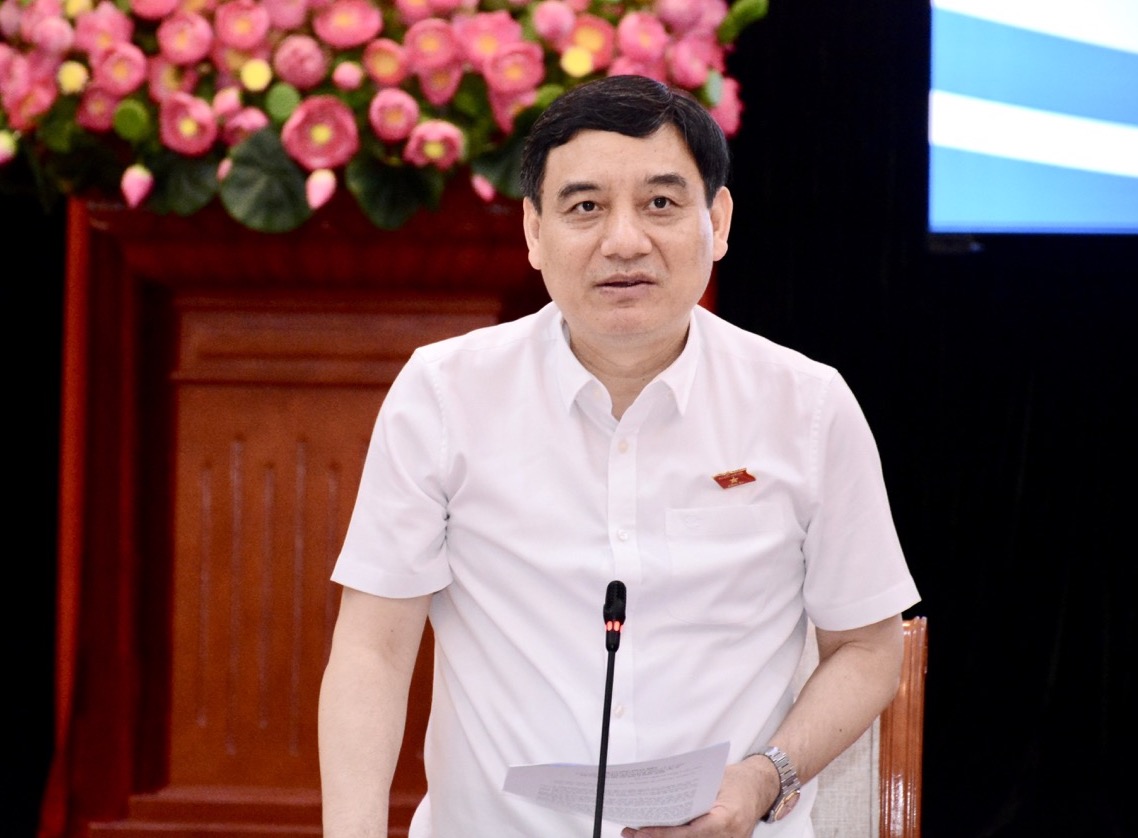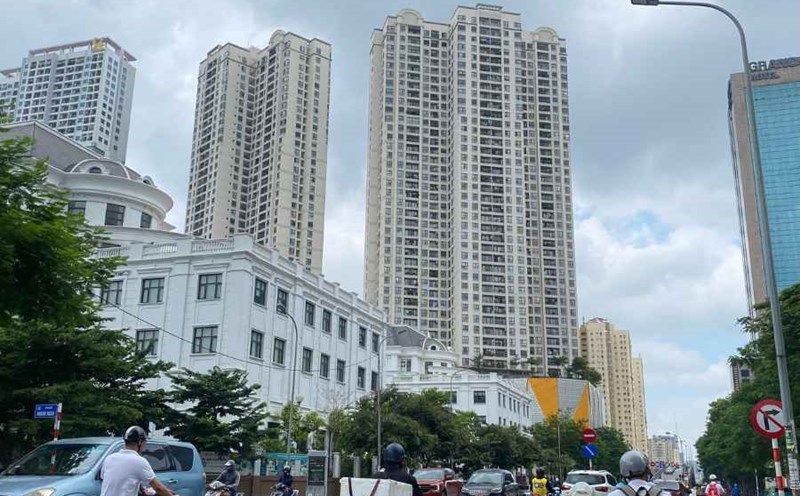On the afternoon of August 2, the Ministry of Education and Training held a seminar on organizing commune-level education management after the reorganization.
Director of the Department of General Education Thai Van Tai raised the issue that the current arrangement of commune-level personnel only meets the quantity and "fulfills job positions" without taking into account quality and suitability. This leads to difficulties and problems in the process of decentralization, delegation of authority, and implementation of tasks in the locality.

The report of the Department of Teachers and Educational Managers cited the figures from a quick survey by the Ministry of Education and Training on data on about 1,000 civil servants who have been assigned to work at the Department of Culture - Social Affairs at the commune level, assigned to be in charge of the education sector, 302/1,000 commune-level education civil servants surveyed do not have expertise related to education. Even many commune-level education managers have expertise in completely "relevant" sectors such as bachelor's in land management, livestock engineer, etc.
The professional qualifications of this group of officials include: construction engineer, bachelor of food industry, bachelor of accounting, bachelor of business administration, bachelor of communications, bachelor of law, military college, pharmaceutical doctor...
According to information from localities, the number of commune-level education managers with expertise or previous experience working in the education sector only accounts for about 20-30%.
Ms. Nguyen Dieu Binh - specialist of the Department of Culture - Social Affairs of Lang Ward, Hanoi City - stated that in reality, the whole ward has 9 public and non-public educational institutions from kindergarten to high school. Ms. Binh was assigned to be in charge of the field of education and training, however, she encountered many difficulties in her expertise: "I have a major in preschool education but have to take responsibility for all 3 levels of education. It is really difficult because there is no specialized expertise in the field of education".
The lack of commune-level civil servants in charge of education and training - this is also an issue raised by Mr. Nguyen Dac Vinh - Chairman of the National Assembly's Committee on Culture and Society.

Mr. Vinh gave a real example in Cao Xanh ward, Quang Ninh province. : "The whole Cao Xanh ward has only 1 person assigned to manage education but has never done education".
According to current instructions, each Department of Culture and Society will arrange a maximum of 2 positions for civil servant positions in charge of education and training. With a total of 3,321 communes, wards and special zones after the reorganization, it is expected that the number of commune-level civil servants nationwide will need more than 6,000 people.
However, according to the report of the Department of Teachers, up to now, the assignment and arrangement of professional departments under the People's Committees at the commune level in general and the team of commune-level civil servants in charge of education and training in particular have not been consistent with the current job position and number of people; have not met the requirements for performing the tasks of the education sector, both in terms of quantity and qualifications, professional and technical capacity.
"With the majority of commune cadres not having the current educational expertise, if there is no timely adjustment and supplementation, the risk of leading to the direction, guidance or appraisal of professional activities is impossible" - the report of the Department of Teachers stated.











